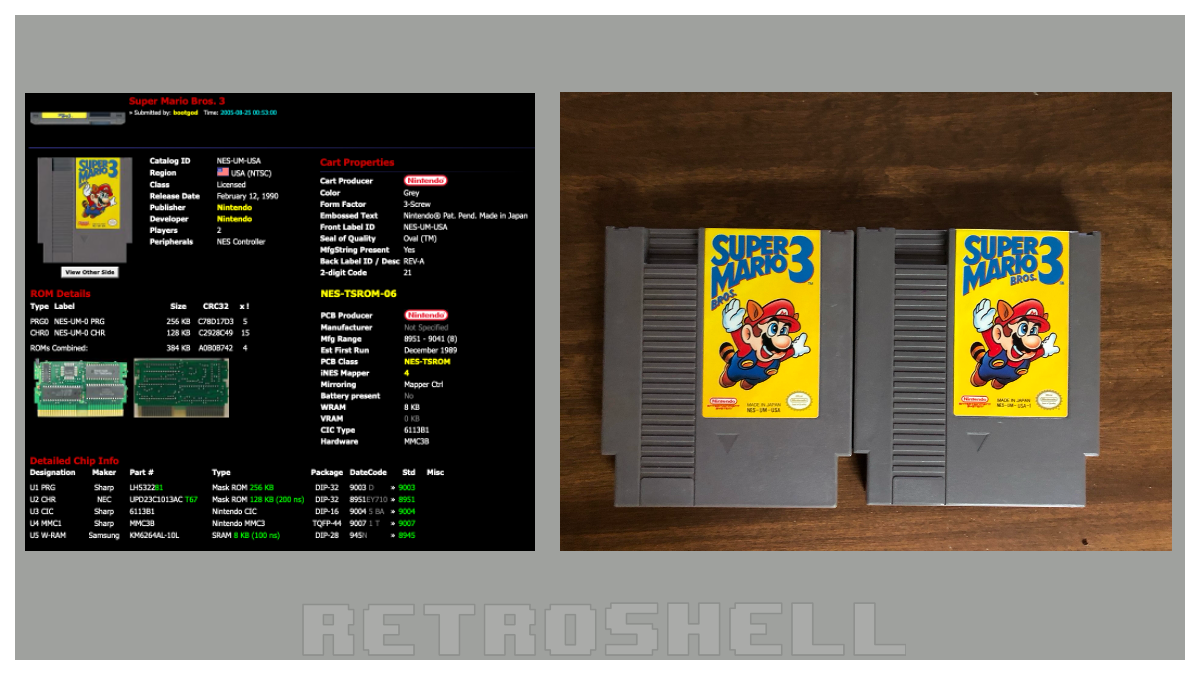AI Takes on Pokémon Red in Slow but Steady Twitch Challenge
ClaudeAI, developed by Anthropic, is currently attempting to play Pokémon Red, the 1996 Game Boy classic, in a live Twitch stream. Having played for 22 hours, the AI has progressed beyond Pewter City, earning the Boulder Badge from gym leader Brock. This effort highlights a growing interest in AI engaging with retro games, offering a modern twist on a title that shaped gaming history.

Pokémon Red, first released in Japan in 1996 and globally in 1998, introduced players to the Kanto region, where they catch, train, and battle Pokémon. Its straightforward mechanics and portable charm on the Game Boy—launched in 1989—helped it sell millions, laying the foundation for a global franchise. Claude’s team includes Squirtle (Shell), Nidoran (Spike), Pikachu (Bolt), and Spearow (Swift), reflecting early-game choices familiar to fans.
Where previous models wandered aimlessly or got stuck in loops, Claude 3.7 Sonnet plans ahead, remembers its objectives, and adapts when initial strategies fail.
— Anthropic (@AnthropicAI) February 25, 2025
Critical skills for battling pixelated gym leaders. And, we posit, in solving real-world problems too. pic.twitter.com/scvISp14XG
The AI relies on general reasoning, screenshot analysis, dynamic note-keeping, and game memory access to navigate the adventure. Yet, its progress is gradual, hampered by issues such as repeatedly circling the Pewter City gym fence and voicing concern when Bolt’s health dropped to 1 HP against a Caterpie. These stumbles suggest the complexity of Pokémon Red’s open-ended design poses a notable challenge for AI.
This project echoes the 2014 "Twitch Plays Pokémon" event, where over 121,000 players collectively guided the game via chat commands. By contrast, Claude’s solo run is a slower, algorithmic journey. A prior version, Claude 3.7 Sonnet, reached Lt. Surge’s gym—the third in the game—indicating past advancements, according to an Anthropic X post. The current effort may prioritise broader learning over speed.
Such experiments could preserve strategies for ageing games, shed light on design intricacies, and rekindle interest in classics. As Claude presses on through Kanto, it underscores both the potential and the limits of AI in retro gaming.
Protect your classic games with RetroShell – the best way to keep your collection safe. For the latest retro gaming news and insights, subscribe to our free Substack, delivered to your inbox every Monday!




